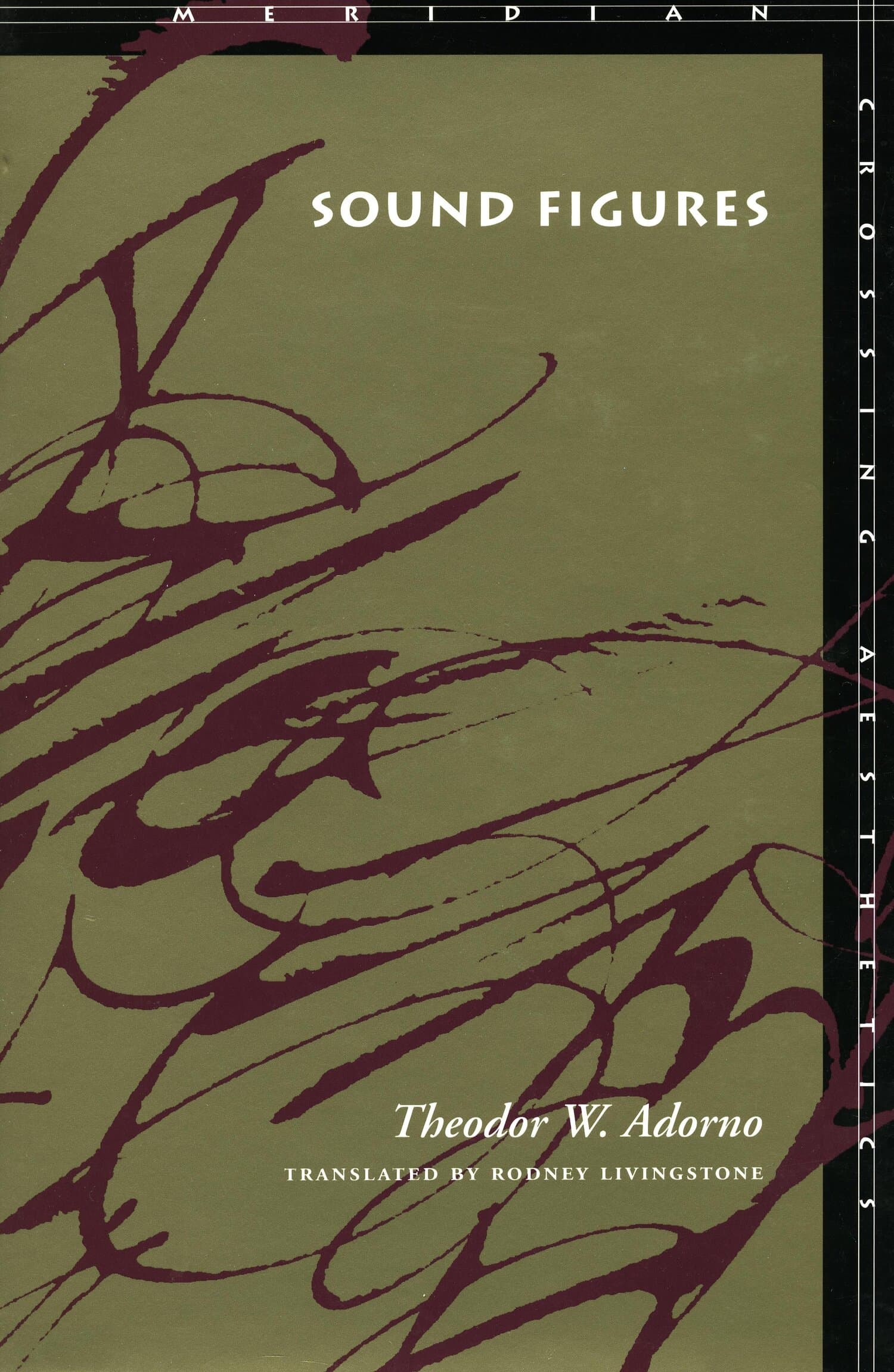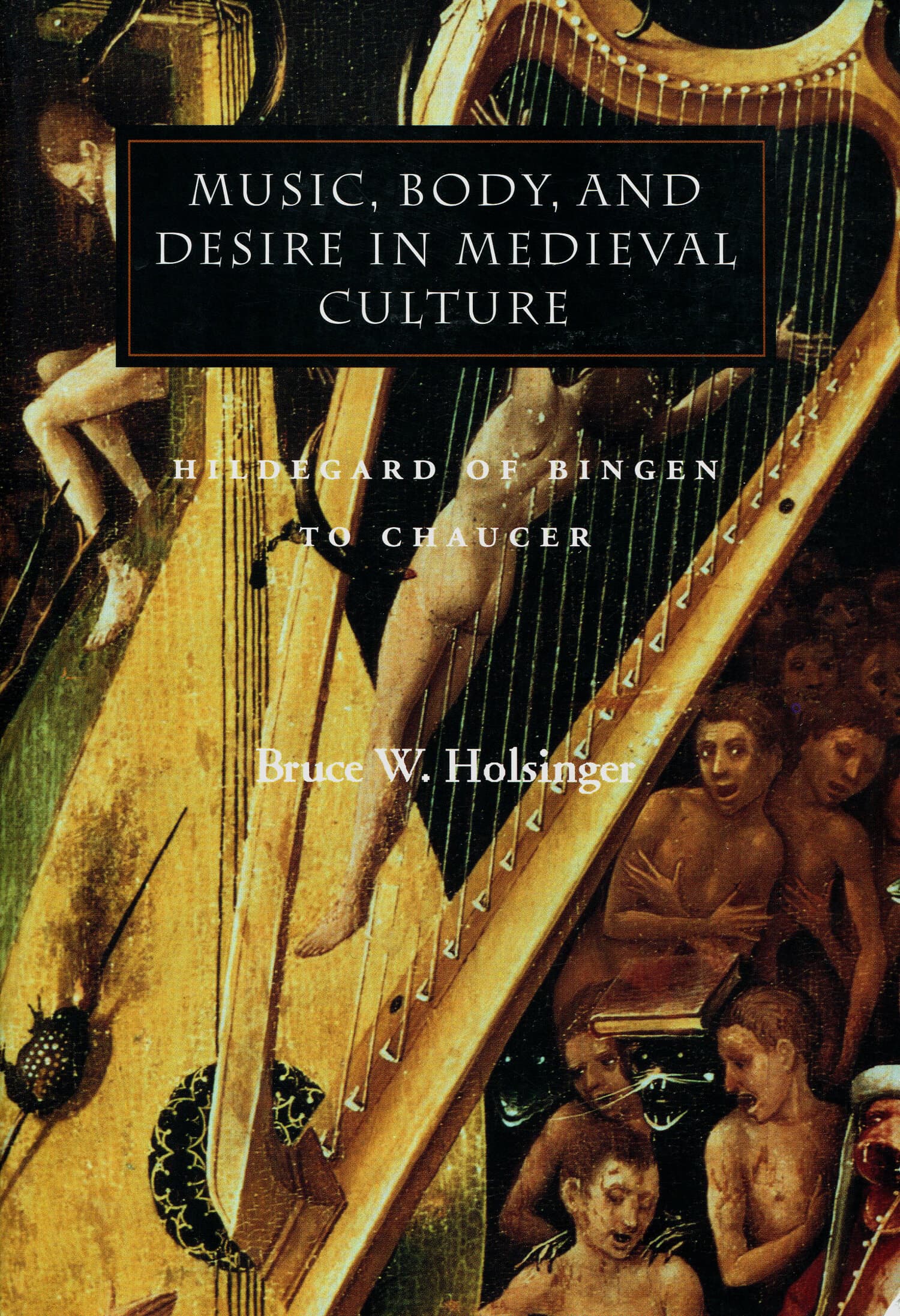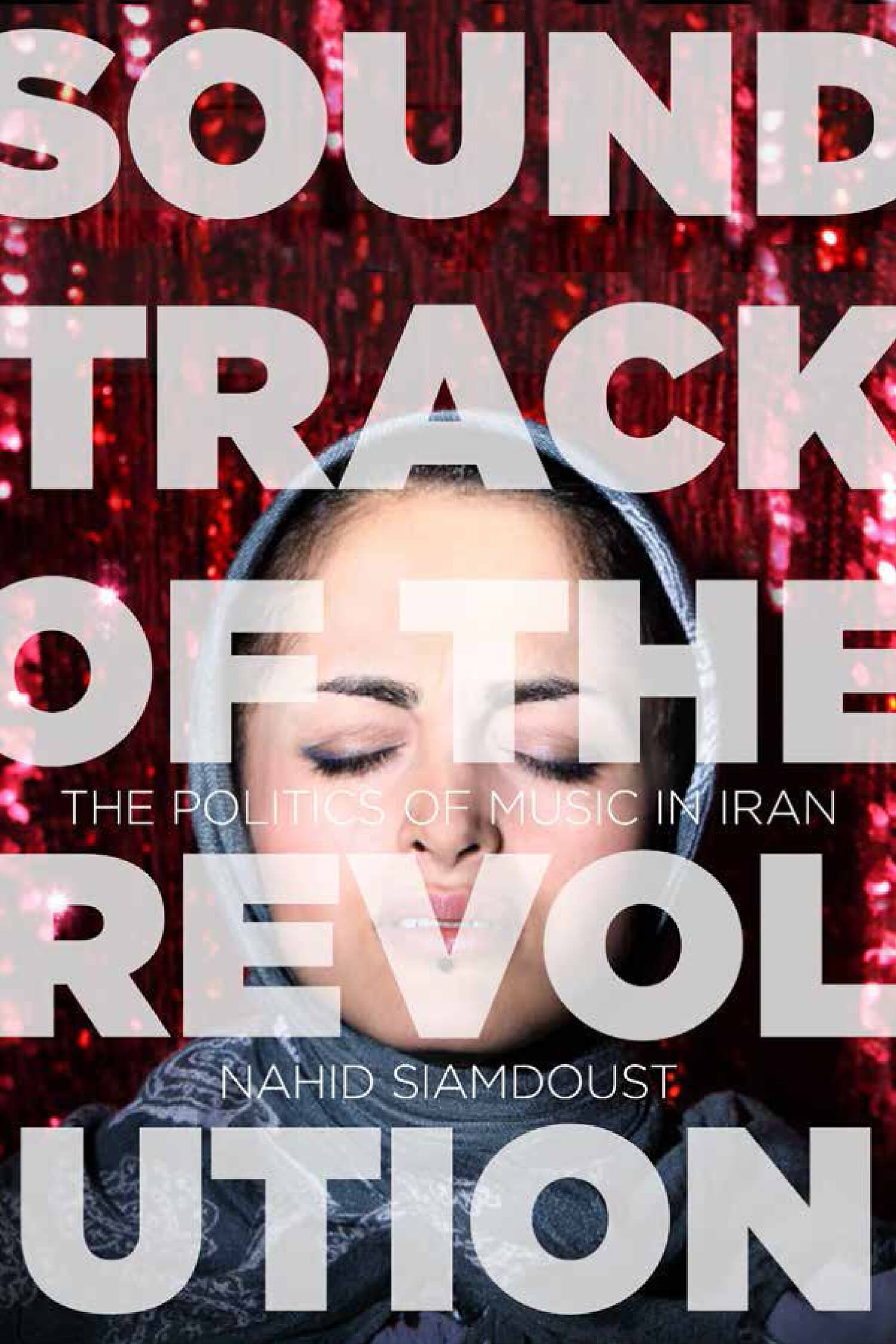White Musical Mythologies

In a narrative that extends from fin de siècle Paris to the 1960s, Edmund Mendelssohn examines modernist thinkers and composers who engaged with non-European and pre-modern cultures as they developed new conceptions of "pure sound." Pairing Erik Satie with Bergson, Edgard Varèse with Bataille, Pierre Boulez with Artaud, and John Cage with Derrida, White Musical Mythologies offers an ambitious critical history of the ontology of sound, suggesting that the avant-garde ideal of "pure sound" was always an expression of western ethnocentrism.
Each of the musicians studied in this book re-created or appropriated non-European forms of expression as they conceived music ontologically, often thinking music as something immediate and immersive: from Satie's dabblings with mysticism and exoticism in bohemian Montmartre of the 1890s to Varèse's experience of ethnographic exhibitions and surrealist poetry in 1930s Paris, and from Boulez's endeavor to theorize a kind of musical writing that would "absorb" the sounds of non-European musical traditions to Cage, who took inspiration from Eastern thought as he wrote about sound, silence, and chance. These modernist artists believed that the presence effects of sound in their moment were more real and powerful than the outmoded norms of the European musical past. By examining musicians who strove to produce sonic presence, specifically by re-thinking the concept of musical writing (écriture), the book demonstrates that we cannot fully understand French theory in its novelty and complexity without music and sound.
Supported by the AMS 75 PAYS Fund of the American Musicological Society, supported in part by the National Endowment for the Humanities and the Andrew W. Mellon Foundation.
—Michael Gallope, University of Minnesota
"'How do you write about something that vanishes?,' Edmund Mendelssohn asks in the opening pages of White Musical Mythologies. The question's vulnerability, knowing no answer is waiting in the wings, augurs a beautifully unusual book, and an often unusually beautiful one too. Mendelssohn reframes musical modernism as an epochal tragedy of missed encounter: struggling and failing to source not just sound but the 'now' of presence itself, it seizes Being at beings' cost. But his critique is lighter than tragedy, unfolding patiently, generously, lyrically—the question of musical writing not behind it, but always being reopened and 'to come.'"
—Seth Brodsky, University of Chicago




